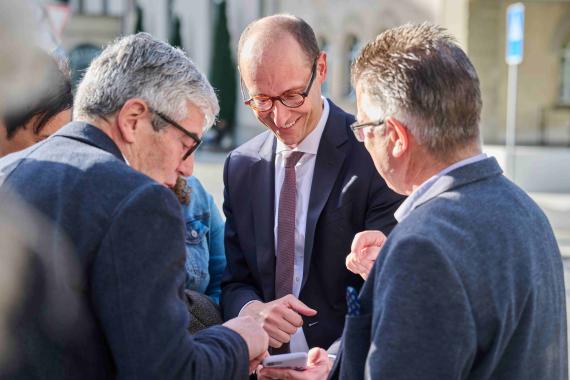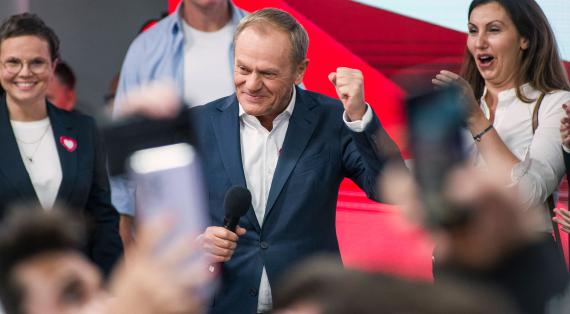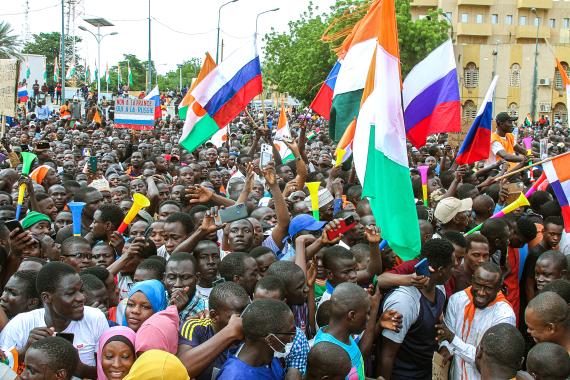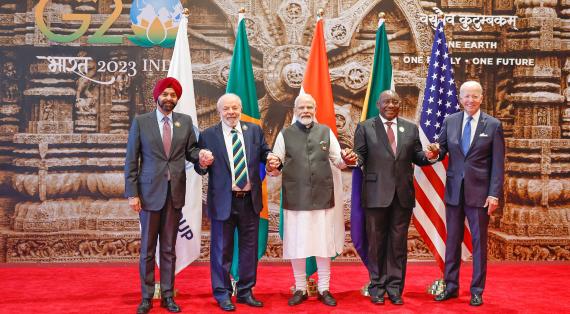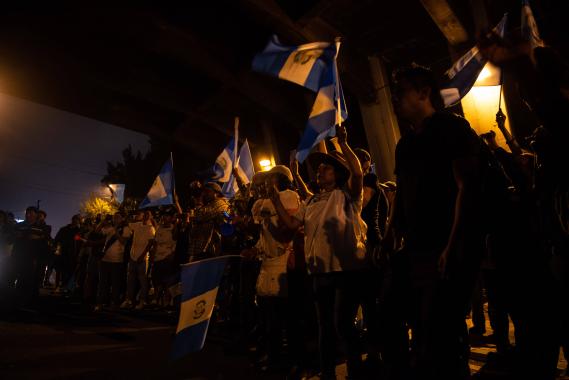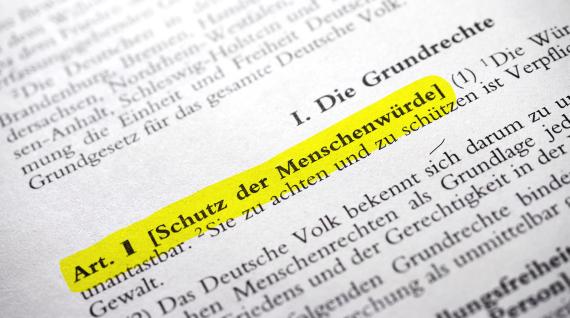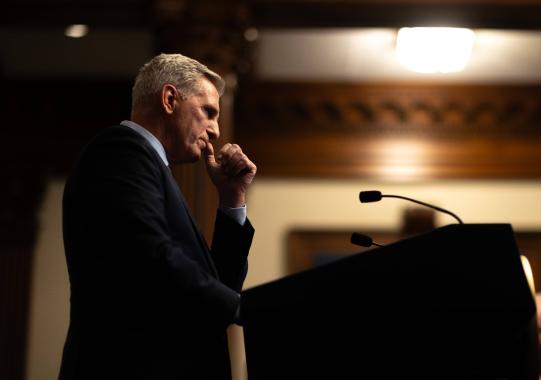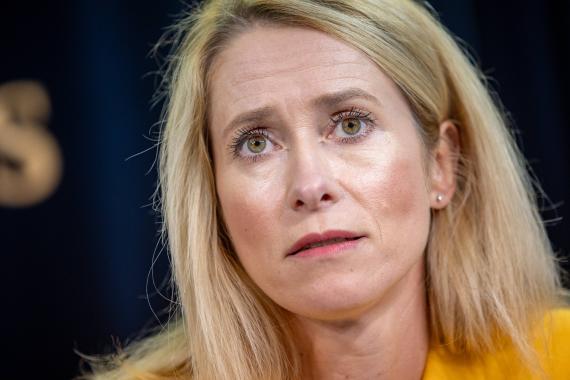—
10 Items per Page
Facts and Findings
Selected contributions to the series with international relevance
The series informs in a concentrated form about important positions of the Konrad-Adenauer-Stiftung on current topics. The individual issues present key findings and recommendations, offer brief analyses, explain the Foundation's further plans and name KAS contact persons.
Country Reports
Short political reports of the KAS offices abroad
The Konrad-Adenauer-Stiftung is a political foundation. Our offices abroad are in charge of over 200 projects in more than 120 countries. The country reports offer current analyses, exclusive evaluations, background information and forecasts - provided by our international staff.



